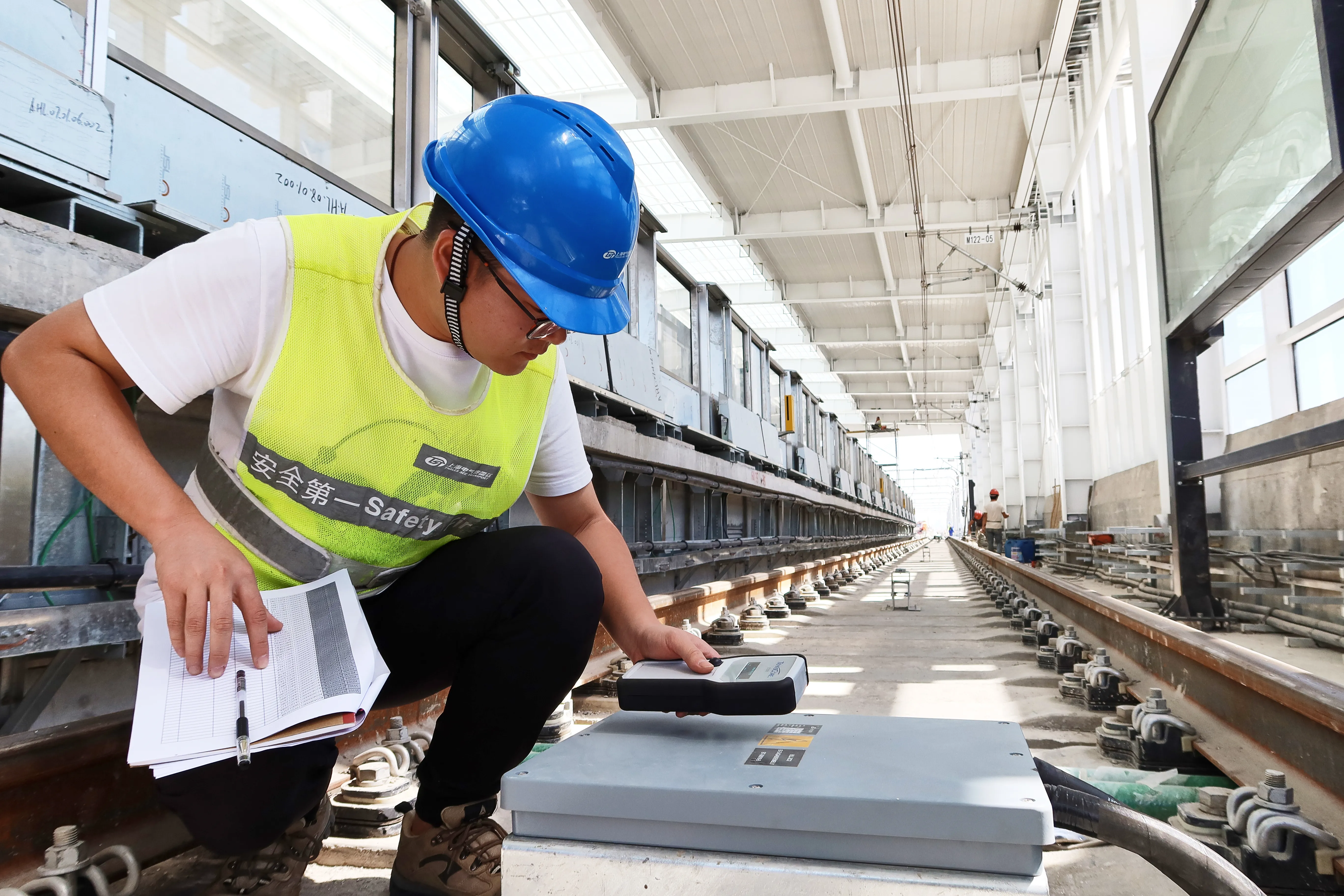Work on the new US$12.9 billion Mexico City international airport is scheduled to begin next month, according to Gerardo Ruiz, head of Mexico's transport and communications ministry SCT. Initial works include involve soil improvement, road connectivity and water infrastructure works.
Water-related issues on the site could present the greatest challenge to the airport project, as the area is presently used as a buffer zone where excess rainwater from storms is diverted to the land to ease the capital's drainage capacity. Water infrastructure works to reduce the risk of flooding will require US$1.2 billion, according to the SCT airport financing plan.
Construction of the airport is expected to take between four and six years.
The new terminal will have six runways. Three runways will be built in the first phase to handle 50 million passengers annually, with the passenger count rising to 120 million passengers annually at the end of the second phase.
Work to begin on Mexico City airport
Work on the new US$12.9 billion Mexico City international airport is scheduled to begin next month, according to Gerardo Ruiz, head of Mexico's transport and communications ministry SCT. Initial works include involve soil improvement, road connectivity and water infrastructure works.
Water-related issues on the site could present the greatest challenge to the airport project, as the area is presently used as a buffer zone where excess rainwater from storms is diverted to the land to ease the capital's d
September 10, 2014
Read time: 2 mins









